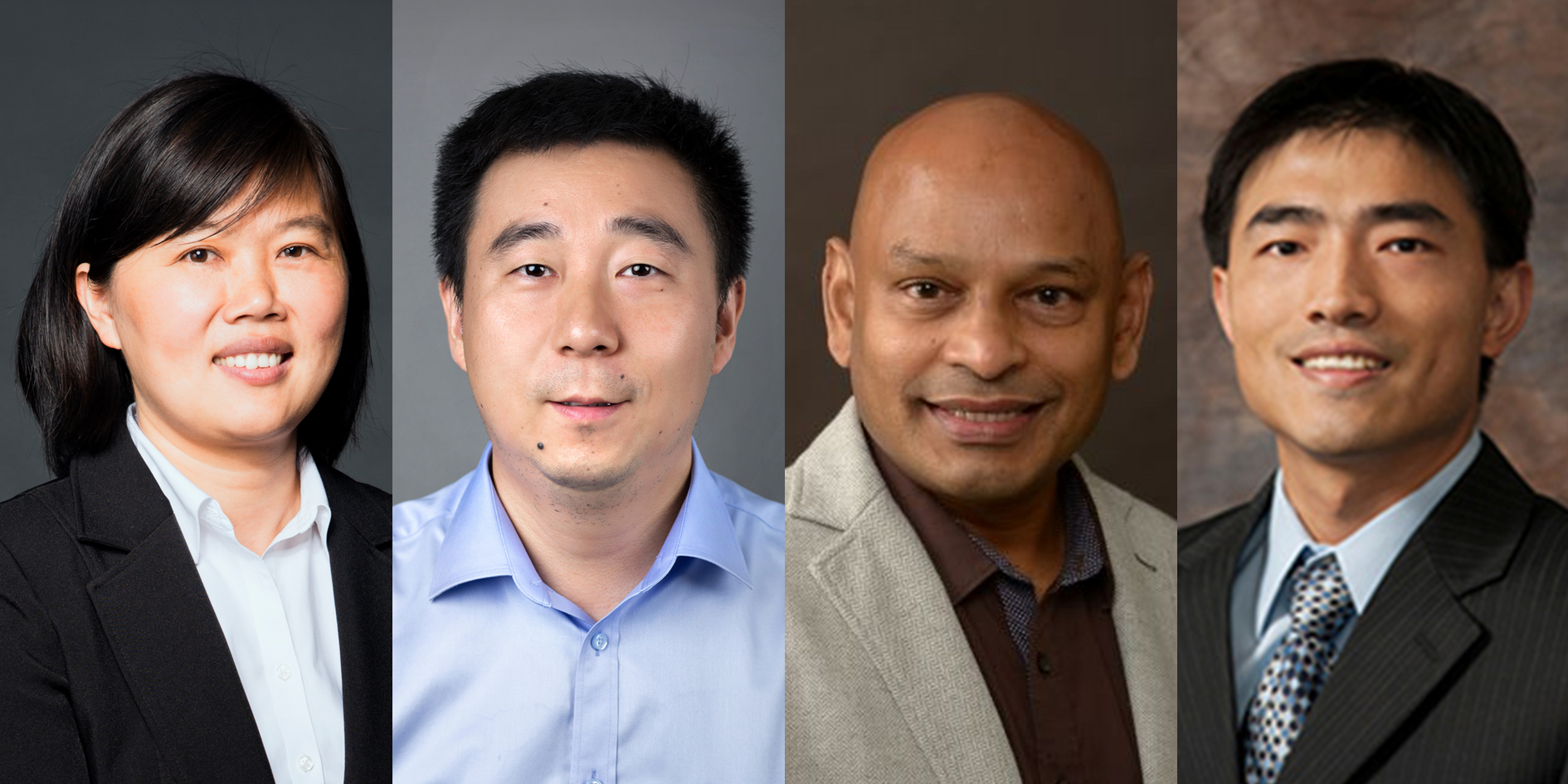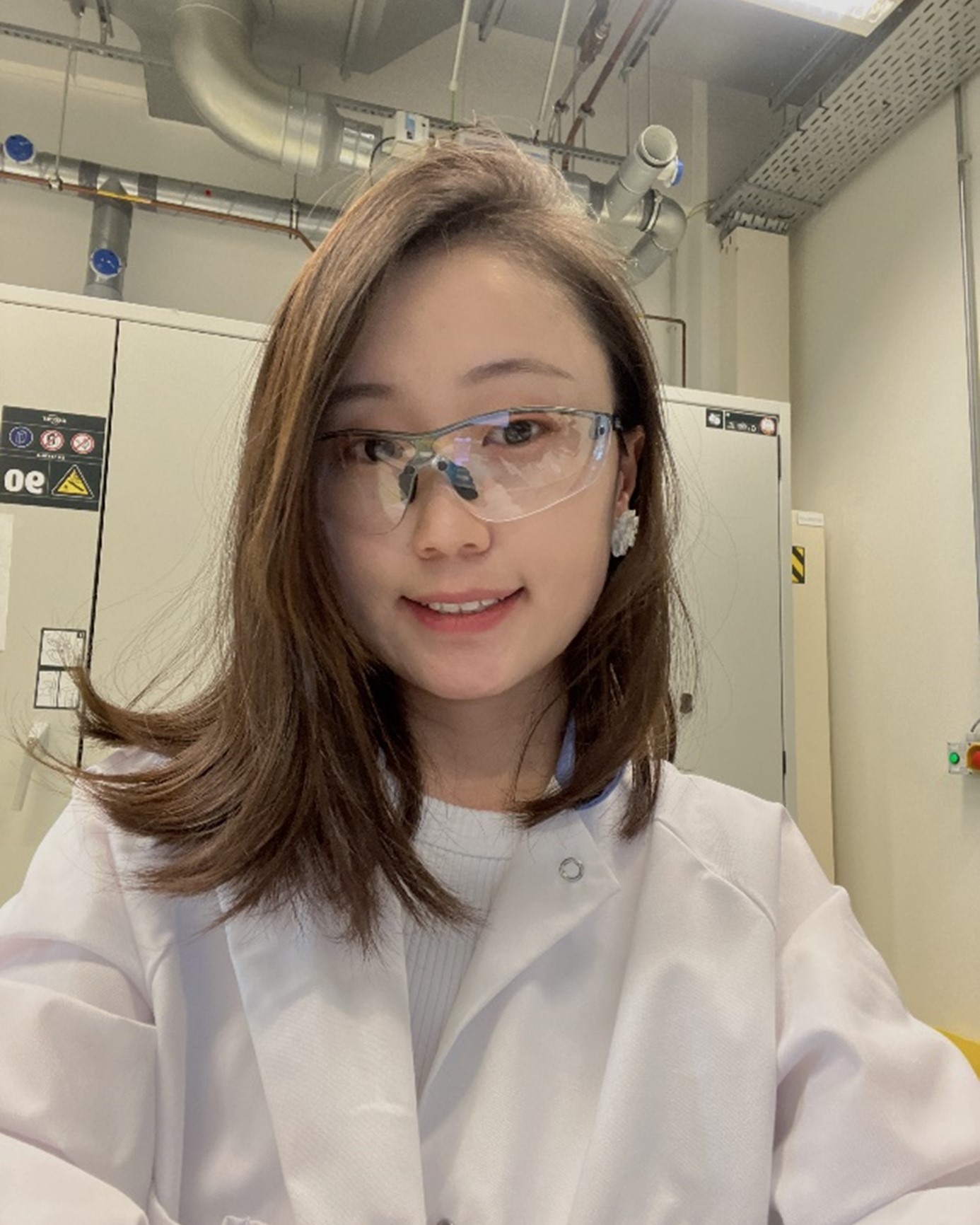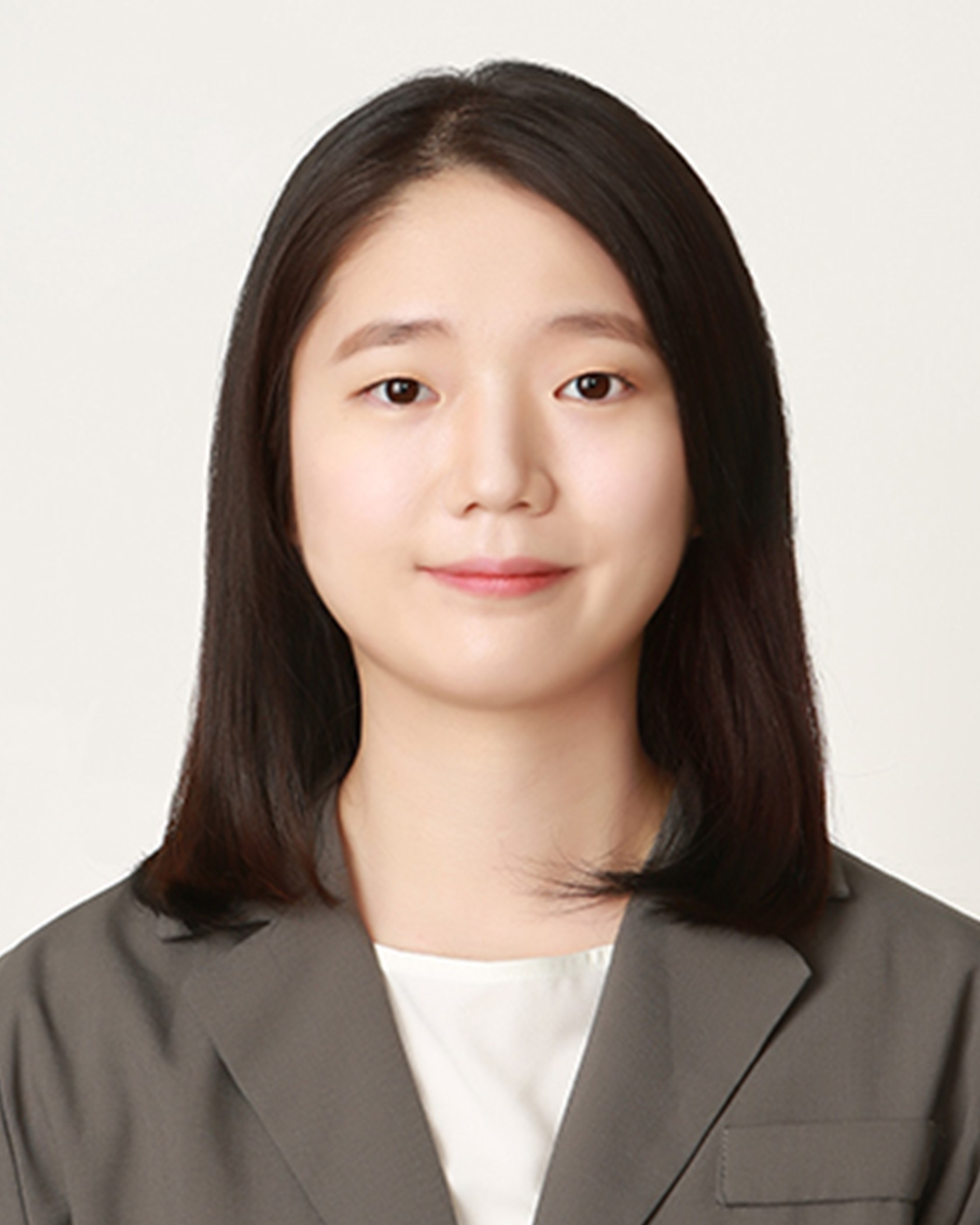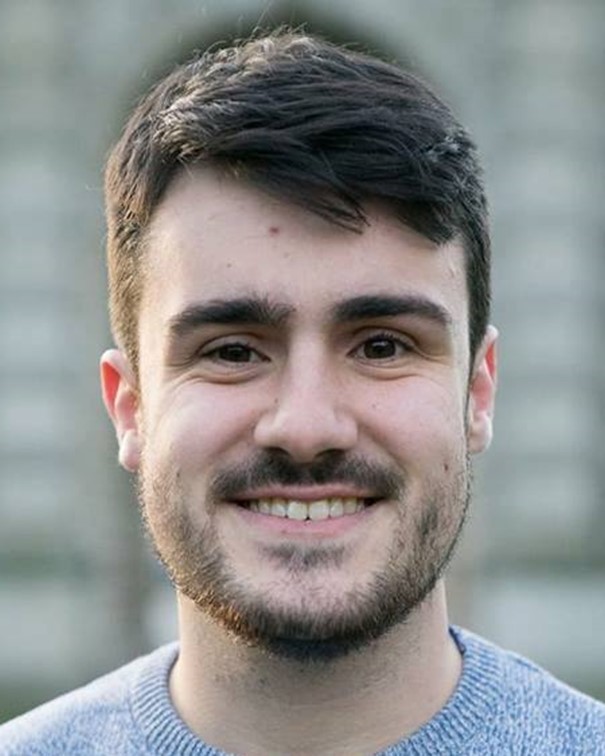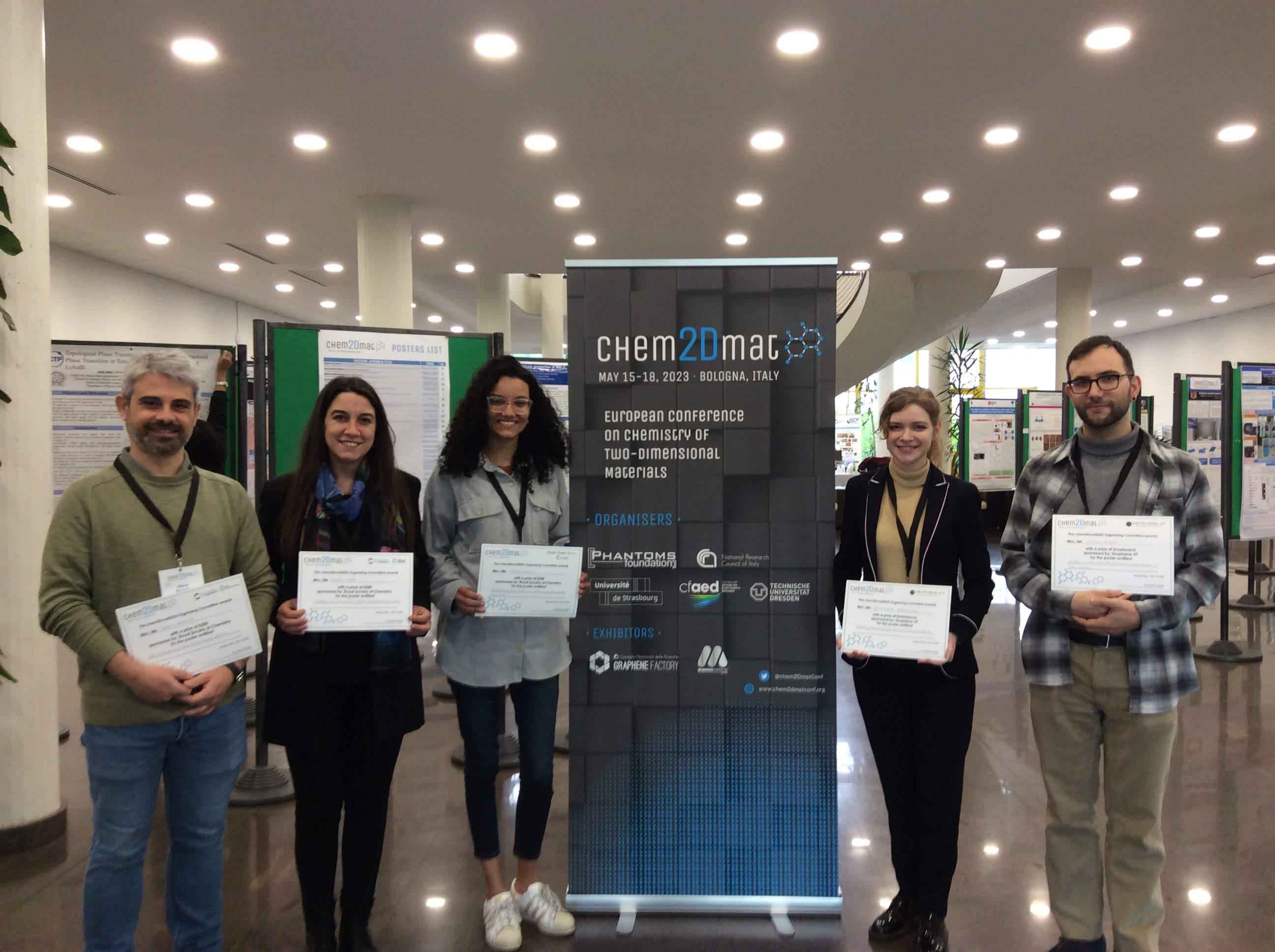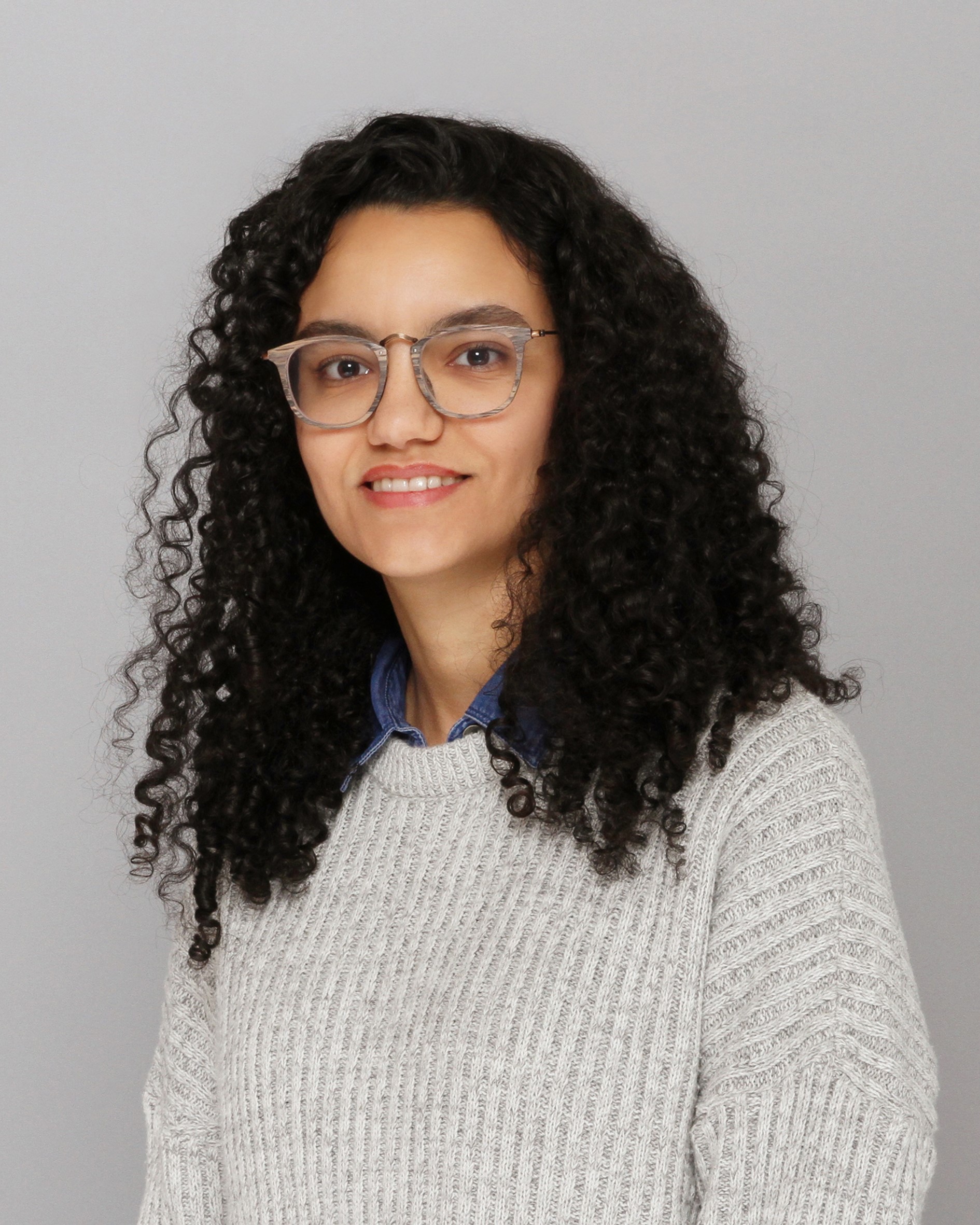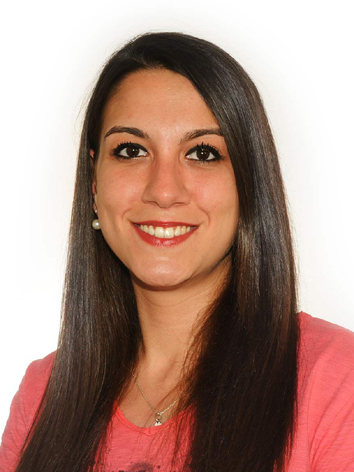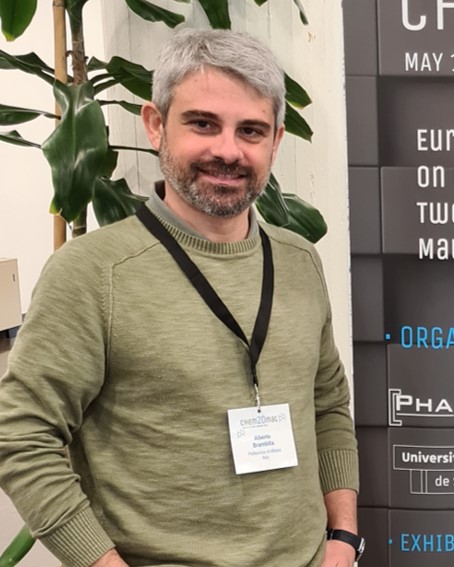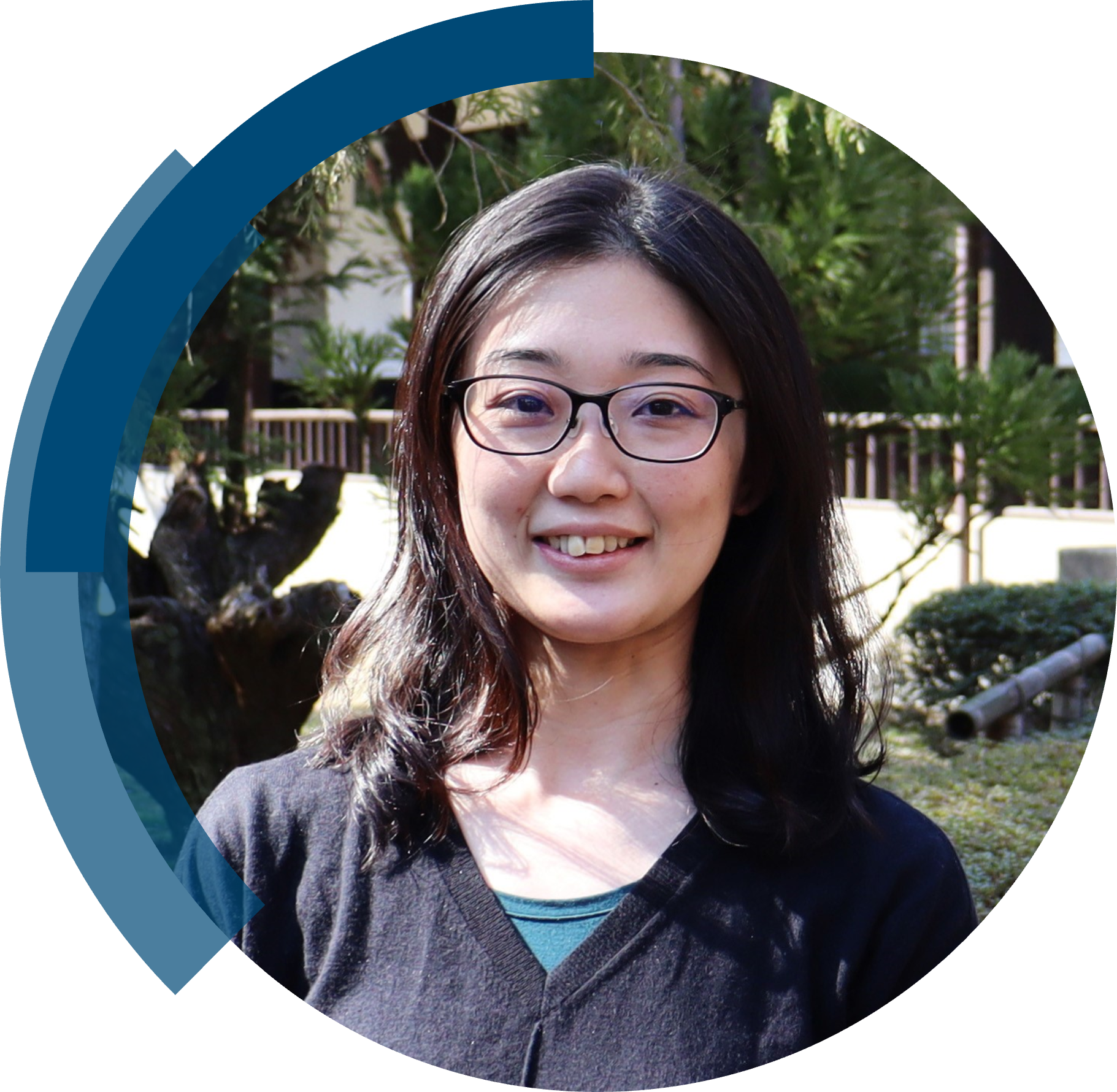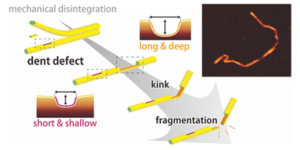Join us in welcoming our new Advisory Board members, Jungki Ryu, Nobuhiko Hosono, Nobuhiro Yanai and Wenzhou Wu.
Nanoscale Horizons is proud to announce that three of our previous Community Board members have been promoted to the Advisory Board. Find below the biographies of each of our new advisory board members along with some of their insight into their work with the board and in their research areas.
Jungki Ryu, UNIST, South Korea
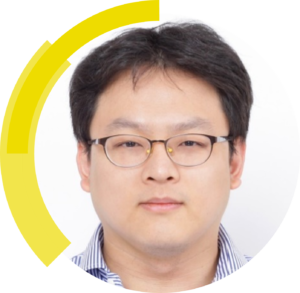
Jungki Ryu received his BS and PhD degrees in Materials Science and Engineering from Yonsei University in 2006 and Korea Advanced Institute of Science and Technology (KAIST) in 2011, respectively. After postdoctoral training at the Massachusetts Institute of Technology for three years, he joined the UNIST School of Energy and Chemical Engineering in 2014 where he is currently working as an associate professor. He is also an adjunct professor of the UNIST Graduate School of Carbon Neutrality and a director of the Centre for Renewable Carbon. His research interest include the development of electrocatalysts and their application in solar fuel production, biomass conversion and utilization, and electrochemical waste refinery. |
What does it mean to you to join the Advisory Board of Nanoscale Horizons?
“Joining the Advisory Board of Nanoscale Horizons is an exceptional opportunity and honour for me. It signifies recognition of my expertise in the field of nanoscale science and materials chemistry. It also demonstrates my commitment to advancing scientific research and innovation in this domain. As a member of the Advisory Board, I am eager to contribute to the journal’s mission to serve a venue for original research with a new concept or a conceptual advance. “
What is the current biggest challenge you face in your field?
“My primary research interest is developing innovative materials, devices, and systems for (photo)electrochemical energy conversion. As we strive towards carbon neutrality through electrification and decarbonization, there is a growing interest in electrochemical and photoelectrochemical technologies. However, their translation into reality poses significant challenges, primarily in terms of low efficiency and high energy costs. To overcome these obstacles, it has become increasingly crucial to not only focus on materials development through nanoengineering but also explore the development of innovative hybrid systems. By combining different approaches and leveraging the potential of the hybrid system, we can address some of the current limitations and pave the way for more efficient and cost-effective electrochemical systems. In this context, the importance of Nanoscale Horizons becomes evident as it provides a platform for studies with new concepts or conceptual advances.”
Where do you see the materials chemistry field in the next 10 years?
“Despite the challenges we encounter in addressing global warming issues, I remain highly optimistic about the role of materials chemistry in finding solutions for achieving carbon neutrality. In particular, I anticipate that the field of materials chemistry will increasingly prioritize the sustainable utilization of limited resources. This entails not only advancing research on energy materials and devices but also emphasizing atom-efficient synthesis and utilization of raw materials, as well as the recovery and recycling of waste materials.”
Nobuhiko Hosono, University of Tokyo, Japan
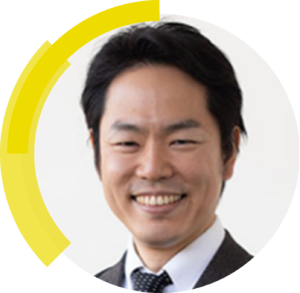
Nobuhiko Hosono received his Ph.D. in polymer chemistry at the University of Tokyo in 2011. From 2011 to 2013, he worked at Eindhoven University of Technology as a research fellow of the Japan Society for the Promotion of Science (JSPS). In 2014, he was promoted to Assistant Professor of the Institute for Integrated Cell-Material Sciences (iCeMS), Kyoto University. In 2018, he was appointed Lecturer at The University of Tokyo. In 2021, he was promoted to Associate Professor of Graduate School of Engineering, the University of Tokyo. He specializes in materials science with a focus on polymer chemistry, physics, and self-assembly, and is currently working on the development of polymer recognition technologies using highly-designed porous media, such as metal-organic frameworks (MOFs). |
What in your field are you most excited about?
“Expectations for the development of sequencing technology for synthetic polymers: while sequencing technology for DNA and peptides has been vigorously studied and developed, sequencing technology for synthetic polymers is still in its infancy. Sequencing of synthetic polymers gives polymers that have been treated as materials a new role as information carriers. This realisation is expected to lead to breakthroughs not only in the field of chemistry.”
Where do you see the materials chemistry field in the next 10 years?
“The fusion of materials science and information science is the most feasible and exciting prospect. Such fusion research has already begun. I believe that the seamless integration of these disciplines will improve various technical aspects, including structural analysis and property prediction, and will significantly facilitate all research activities.”
Why do you feel that researchers should choose to publish their work in Nanoscale Horizons?
“As mentioned above, I believe that developing interdisciplinary research across disciplines is important for the development of nanoscience and nanotechnology research, and Nanoscale Horizons is a communication forum that brings together researchers from different disciplines with high quality research results. It is without doubt the most effective medium for sharing our new concepts and methods.”
Nobuhiro Yanai, Kyushu University, Japan
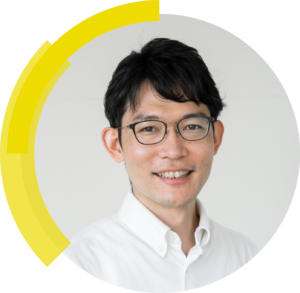
Nobuhiro Yanai is an Associate Professor in the Department of Applied Chemistry at Kyushu University, Japan. He earned his Ph.D. from Kyoto University in 2011 under Prof. Susumu Kitagawa and Prof. Takashi Uemura on guest properties in metal-organic frameworks (MOFs)/porous coordination polymers (PCPs). He was a postdoctoral fellow with Prof. Steve Granick at the University of Illinois at Urbana-Champaign, experiencing colloid and soft matter sciences. He joined Kyushu University in 2012. He is currently leading a group that creates photo-functional materials, working on photon up-conversion, dynamic nuclear polarization, and quantum materials. He received several awards including The Wiley Young Researcher Award, The APA (Asian and Oceanian Photochemistry Association) Prize for Young Scientists, and Award for Young Chemists, Chemical Society of Japan (CSJ). |
What is the current biggest challenge you face in your field?
“In the field of materials for photon upconversion and singlet fission involving triplet excited states, the key challenge is to develop materials that combine efficiency and stability and find applications that would not be possible without such materials.”
Where do you see the materials chemistry field in the next 10 years?
“In the direction of controlling and applying quantum states, the precise design and synthesis of quantum materials will be critical. Materials chemistry would play a major role in this quantum era over the next decade.”
Wenzhou Wu, Perdue University, USA
|

Dr. Wenzhuo Wu is the Ravi and Eleanor Talwar Rising Star Associate Professor in the School of Industrial Engineering at Purdue University. He received his Ph.D. from Georgia Institute of Technology in Materials Science and Engineering in 2013. Dr. Wu’s research interests include designing, manufacturing, and integrating nanomaterials for applications in wearable devices, nanoelectronics, and clean energy. He was a recipient of the Oak Ridge Associated Universities Ralph E. Powe Junior Faculty Enhancement Award, the IOP Semiconductor Science and Technology Best Early Career Research, the Society of Manufacturing Engineers Barbara M. Fossum Outstanding Young Manufacturing Engineer Award, Journal of Materials Chemistry A Emerging Investigator, Advanced Materials Interfaces Hall of Fame, ARO Young Investigator Award, NSF Early CAREER Award, the Minerals, Metals & Materials Society (TMS) Functional Materials Division (FMD) Young Leaders Professional Development Award, Advanced Materials Technologies Hall of Fame, an invited participant at the 2022 China-America Frontiers of Engineering Symposium, an invited participant in the first U.S.-Africa Frontiers of Science, Engineering, and Medicine Symposium in 2022, the 2022 Sensors Young Investigator Award, an elected Fellow of Royal Society of Chemistry (FRSC), and an elected Fellow of the Royal Society of Arts (FRSA).
|
What does it mean to you to join the Advisory Board of Nanoscale Horizons?
“Joining the Advisory Board of Nanoscale Horizons is an honour and a responsibility of great magnitude. As a member of the Advisory Board, I value the chance to influence the journal’s direction and advance nanotechnology by choosing and evaluating research articles. In addition, serving on the Advisory Board of Nanoscale Horizons enables me to network and engage with other distinguished scholars, editors, and nanotechnology professionals. I hope that my knowledge will guide the editorial decisions, ensuring that Nanoscale Horizons publishes only rigorous and impactful research. Joining the Advisory Board of Nanoscale Horizons also provides me the opportunity to contribute to the growth and dissemination of nanotechnology-related knowledge.”
What is the current biggest challenge you face in your field?
“My research focuses on nanomanufacturing for ubiquitous sensors, renewable energy, and emerging electronics. The biggest challenge lies in the deterministic synthesis and integration of nanomaterials with precise control and scalability in both the bottom-up assembly and top-down fabrication processes.”
What in your field are you most excited about?
“I am most excited about the potential to fuse the physical and digital worlds with more capable human-integrated devices by innovating manufacturable nanotechnologies.”
Where do you see the materials chemistry field in the next 10 years?
“In the next 10 years, materials chemistry is poised for significant advancements and transformative breakthroughs. I think we can expect to see exciting progress and new developments in areas such as self-driving automatic labs for accelerating the discovery and production of new materials, advanced energy materials, and sustainable materials for healthcare.”
Why do you feel that researchers should choose to publish their work in Nanoscale Horizons?
“The interdisciplinary emphasis of Nanoscale Horizons gives nanotechnology researchers, scientists, and professionals broad visibility and exposure. In addition, Nanoscale Horizons offers a rapid publication procedure. In light of this, I encourage researchers to submit their impactful work in Nanoscale Horizons.”
Call for Nominations
In light of our new Advisory Board members, we are now seeking engaged and interested early career researchers to join our Community Board.
We are inviting nominations for both Materials Horizons and Nanoscale Horizons at this time, please do feel free to state a preference of journal in your nomination, however this is not mandatory, and each nomination will be assessed for suitability for both Journals.
For eligibility and how to nominate please see our Call for Nominations blog for full details.
The deadline for submission of nominations is 19th July 2023.
For more information, please refer to the Materials and Nanoscale Horizons Community Board FAQs.
To find out more about the journal and for a list of current Community Board members, please visit the journal webpages at: rsc.li/materials-horizons and rsc.li/nanoscale-horizons.

Comments Off on Introducing our new Nanoscale Horizons Advisory Board members


